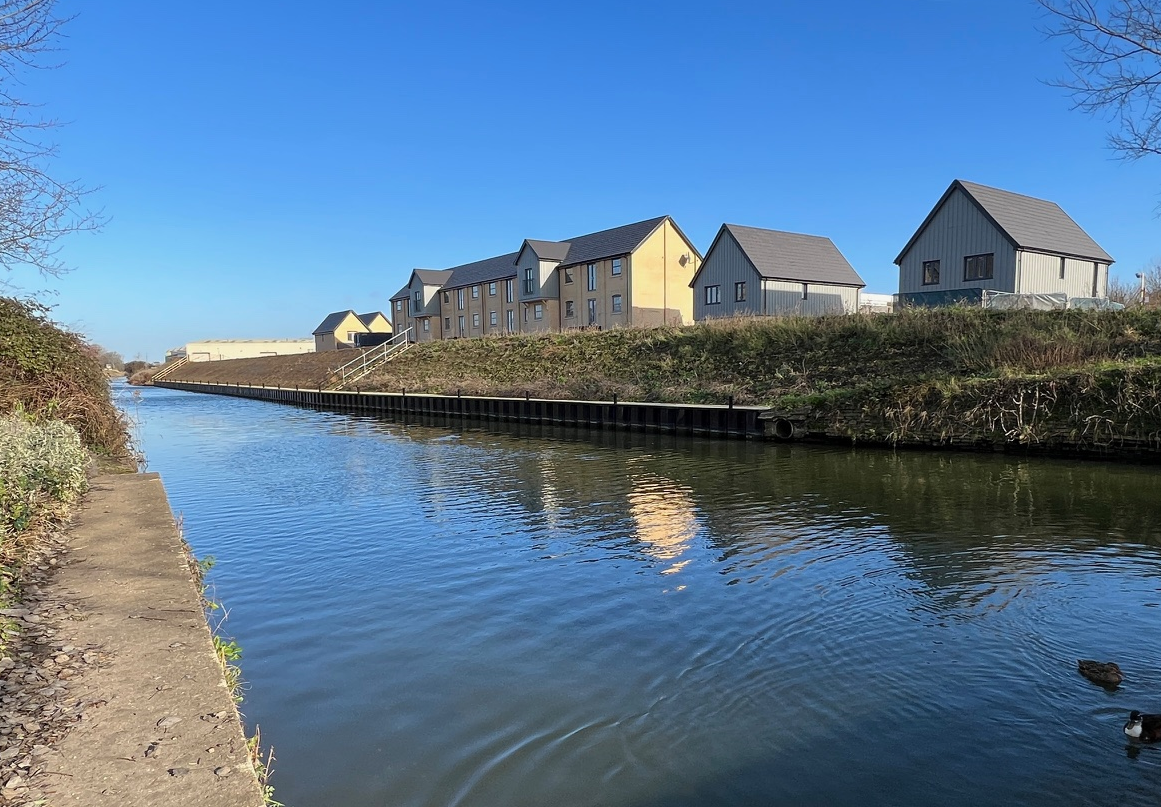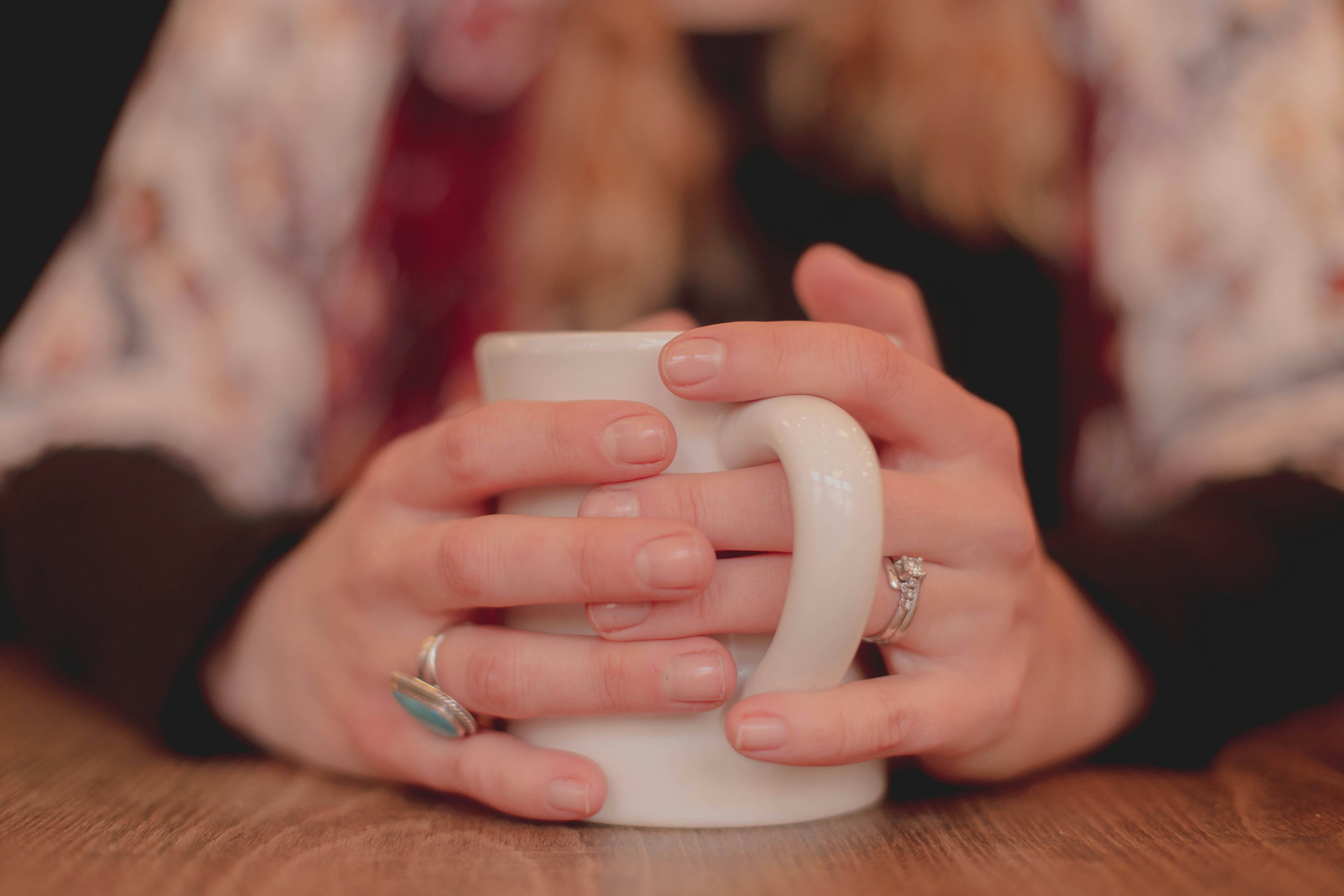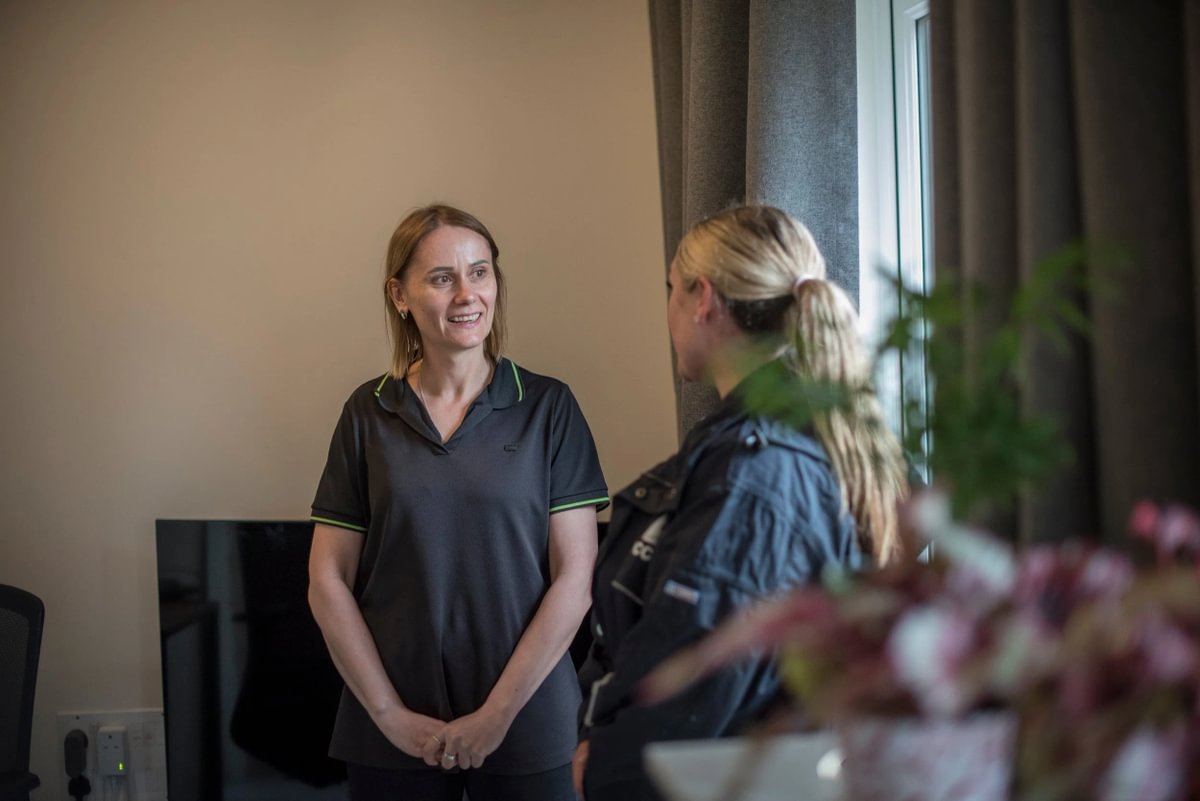What should I do in an emergency?
In case of an emergency, always call 999.
Violence, assault or threatening behaviour is considered an emergency.
Calling 999 when you’re unable to speak
If you’re in an emergency where it’s not safe to speak out loud, you should still call 999, as many operators are trained to identify these situations.
-
cough or tap the handset to signal to the operator you can’t speak
-
if you’re calling from a mobile, wait and listen for a prompt to dial 55 on your keypad, part of the Silent Solution system
-
if you’re calling from a landline and stay silent, the operator may recognise this is an unsafe situation, and you can replace the handset for up to 45 seconds without it disconnecting
What should I do if I’m in an unsafe situation?
If you are being abused or in an unsafe situation at home, we’re here to help.
Please call us on 0345 678 0555. Our lines are open from 8am to 6pm, Monday to Friday.
Your safety is our priority. We will never inform the perpetrator that we’ve spoken to you without your permission.
We’ll always take what you have to say very seriously and get back to you quickly with practical help, support and advice that takes into account the sensitive nature of your situation.
How we can help you
Once you’ve been in touch, we’ll arrange for someone to call you back for a private, confidential chat.
We’ll ask you to give us some details of your situation, so we can help create an action plan offering advice, assistance and support. We might tell you about helpful organisations that can give you extra support and safeguarding support if needed.
To ensure we get you the right support, we might also speak with organisations like Women’s Aid, Refuge, Victim Support, the police and local authorities, so the most effective action plan can be put into place.
If it’s appropriate, we might take action against someone carrying out domestic abuse under the terms of our Tenancy Agreement.
We will always work with you to do this, ensuring you feel supported and in control of the situation at every stage.
What should I do if I’m concerned about someone in my community?
If you think someone is in immediate danger, this is an emergency, so call the police on 999. Never confront an abuser yourself as this could be dangerous.
If you suspect someone is being abused, or have witnessed domestic abuse, you can try talking to the victim if it’s safe to do so. Ask them if they’re okay, or if there’s anything you can do. Listen to them carefully, and sure they feel supported and believed – never imply they are to blame in any way.
If you’re not comfortable talking to the victim, you can call the National Domestic Abuse helpline on 0808 2000 247.
You can also phone the Accent team on 0345 678 0555. Our lines are open from 8am to 6pm, Monday to Friday.
If you contact us about the safety of a neighbour, we’ll keep everything you say confidential, unless we’re legally required to report it to the police.
You can remain anonymous if you choose. We’ll ask you to give as much information as possible because we won’t be able to follow up with you later.
If you believe the child or young person is in immediate danger, please call 999.
If you have concerns about the welfare of the children, call the police on 101, speak to your local authority, or call the NSPCC helpline on 0808 800 5000.

If you need to leave your home
If you need to leave your home, we can offer sensitive, non-judgemental advice about alternative accommodation or your housing options.
We might suggest a refuge, or if you need to be rehoused (this might not necessarily be with Accent). Alternatively, we could help you secure your home so you can stay there safely.
If you need to get your things but can’t go home safely, you can request the police accompany you home.
What is domestic abuse?
Domestic abuse is an incident or a pattern of behaviour between people in a close relationship, for instance between someone and:
- a family member
- a partner or former partner
- a carer
- someone else close to them
Domestic abuse can affect anyone at any time, no matter their gender, age, ethnicity, religion, disability, sexual orientation or background. Sadly, it’s quite common and can be very hard to identify.
Disagreements in close relationships are normal. It’s when it becomes a pattern that doesn’t feel right that something may be abusive.
What kinds of domestic abuse are there?
Domestic abuse comes in many forms. It can be violent and involve physical harm, or psychological through threatening behaviour designed to make someone feel afraid or guilty. It can also involve controlling someone through their finances.
It usually occurs as:
- physical or sexual abuse
- violent or threatening behaviour, assaults and threats
- controlling or coercive behaviour
- financial and economic abuse
- psychological or emotional abuse
Violent or threatening behaviour, assaults and threats are criminal offences. If you are concerned about your own or someone else’s wellbeing, please report this to the police by calling 999.
There is always help available for victims of abuse
Abuse victims may be manipulated into believing that it’s their fault, or that there is no help available to them, which is not true.
Sometimes, people in marginalised communities can be manipulated into believing certain abusive behaviours are ‘normal’, or that what they’re experiencing is not abuse because of who they are. This is also not true.
Help is always available for victims of abuse.
What kinds of abuse are there?
If you’re concerned you or someone you know is experiencing abuse, read this guide to learn the signs, symptoms and types of abuse.
Domestic abuse can include any of the abusive behaviours listed under the following headings:
- physical
- sexual
- psychological or emotional
- financial
You can find more information about domestic abuse on this page, including what to do if you are experiencing it or suspect someone you know is.
Physical abuse can include:
- assault, hitting, slapping, punching, kicking, hair-pulling, biting, pushing
- rough handling
- scalding and burning
- physical punishments
- inappropriate or unlawful use of restraint
- making someone purposefully uncomfortable i.e. opening a window and removing blankets
- involuntary isolation or confinement
- misuse of medication i.e. over-sedation
- forcible feeding or withholding of food
- unauthorised restraint, restricting movement i.e. tying someone to a chair
Sexual abuse can include:
- rape, attempted rape or sexual assault
- inappropriate touch anywhere
- non-consensual masturbation of either or both persons
- non-consensual sexual penetration or attempted penetration of the vagina, anus or mouth
- any sexual activity that the person cannot consent to
- inappropriate looking, sexual teasing, innuendo or sexual harassment
- sexual photography, forced use of pornography or witnessing of sexual acts
- indecent exposure
Psychological or emotional abuse can include:
- enforced social isolation – preventing someone from accessing services, educational and social opportunities and seeing friends
- removing mobility or communication aids or intentionally leaving someone unattended when they need assistance
- preventing someone from meeting their religious and cultural needs
- preventing the expression of choice and opinion
- failure to respect privacy
- preventing stimulation, meaningful occupation or activities
- intimidation, coercion, harassment, use of threats, humiliation, bullying, swearing or verbal abuse
- addressing a person in a patronising or infantilising way
- threats of harm or abandonment
- cyberbullying
Financial or material abuse can include:
- theft of money or possessions
- fraud, scamming
- preventing a person from accessing their own money, benefits or assets
- employees taking a loan from a person using the service
- undue pressure, duress, threat or undue influence put on the person in connection with loans, wills, property, inheritance or financial transactions
- arranging less care than is needed to save money to maximise inheritance
- denying assistance to manage/monitor financial affairs
- denying assistance to access benefits
- misuse of personal allowance in a care home
- misuse of benefits or direct payments in a family home
- someone moving into a person’s home and living rent-free without agreement or under duress (cuckooing)
- false representation, using another person's bank account, cards or documents
- exploitation of a person’s money or assets, e.g. unauthorised use of a car
- misuse of a power of attorney, deputy, appointeeship or other legal authority
- rogue trading, i.e. unnecessary or overpriced property repairs and failure to carry out agreed repairs or poor workmanship
- human trafficking
- forced labour
- domestic servitude
- sexual exploitation, such as escort work, prostitution and pornography
- debt bondage, where you’re forced to work to pay off debts that realistically they never will be able to
- unequal treatment based on age, disability, gender reassignment, marriage and civil partnership, pregnancy and maternity, race, religion and belief, sex or sexual orientation (known as 'Protected Characteristics' under the Equality Act 2010)
- verbal abuse, derogatory remarks or inappropriate use of language related to a protected characteristic
- denying access to communication aids, not allowing access to an interpreter, signer or lip-reader
- harassment or deliberate exclusion on the grounds of a protected characteristic
- denying basic rights to healthcare, education, employment and criminal justice relating to a protected characteristic
- substandard service provision relating to a protected characteristic
- discouraging visits or the involvement of relatives or friends
- run-down or overcrowded establishment
- authoritarian management or rigid regimes
- lack of leadership and supervision
- insufficient staff or high turnover resulting in poor quality care
- abusive and disrespectful attitudes towards people using the service
- inappropriate use of restraints
- lack of respect for dignity and privacy
- failure to manage residents with abusive behaviour
- not providing adequate food and drink, or assistance with eating
- not offering choice or promoting independence
- misuse of medication
- failure to provide care with dentures, spectacles or hearing aids
- not taking account of individuals’ cultural, religious or ethnic needs
- failure to respond to abuse appropriately
- interference with personal correspondence or communication
- failure to respond to complaints
- failure to provide or allow access to food, shelter, clothing, heating, stimulation and activity, personal or medical care
- providing care in a way that the person dislikes
- failure to administer medication as prescribed
- refusal of access to visitors
- not taking account of individuals’ cultural, religious or ethnic needs
- not taking account of educational, social and recreational needs
- ignoring or isolating the person
- preventing the person from making their own decisions
- preventing access to glasses, hearing aids, dentures, etc.
- failure to ensure privacy and dignity
- lack of self-care to an extent that it threatens personal health and safety
- neglecting to care for one’s personal hygiene, health or surroundings
- inability to avoid self-harm
- failure to seek help or access services to meet health and social care needs
- inability or unwillingness to manage one’s personal affairs

Who you can talk to about unsafe situations
- always dial 999 in an emergency or if someone is in immediate danger
- contact your local authority’s safeguarding team by searching for the word ‘safeguarding’ in their website’s search engine
- call the police – call 101 if it’s not an emergency
- if you’re worried about a child, call the NSPCC on 0808 800 5000
- speak to someone you trust
Phone Accent on 0345 678 0555 Monday to Friday 8am - 6pm, or email us using the form on our Contact us page.
Who else can I contact for support or information?
Many of these organisations will have useful information about the different types of domestic abuse, and provide support and advice on what to do next.
The National Domestic Abuse Helpline is open 24 hours a day, seven days a week.
- 0808 2000 247
- nationaldahelpline.org.uk
Women’s Aid offers free and confidential advice 24 hours a day. They also provide an instant messaging service and forum for those who feel safer talking online.
- 0808 2000 247
- womensaid.org.uk
- Instant messaging service
- Online forum
Respect works with perpetrators, male victims and young people who use violence
- 0808 802 4040
- respect.uk.net
Men’s Advice Line offers a helpline for male victims of domestic abuse
- 0808 801 0327
- mensadviceline.org.uk
ManKind Initiative help men escape domestic abuse
- 01823 334 244
- mankind.org.uk
Galop is an LGBT anti-abuse charity with a helpline
- 0800 999 5428
- galop.org.uk
Karma Nirvana supports victims of forced marriage and honour-based abuse.
- 0800 5999 9247
- karmanirvana.org.uk
Southall Black Sisters provides advice and support primarily for Asian, African and African-Caribbean women
- 0208 571 0800
- southallblacksisters.org.uk
The Samaritans provide emotional support to anyone in emotional distress, struggling to cope, or at risk of suicide.
- 08457 909 090
- samaritans.org




